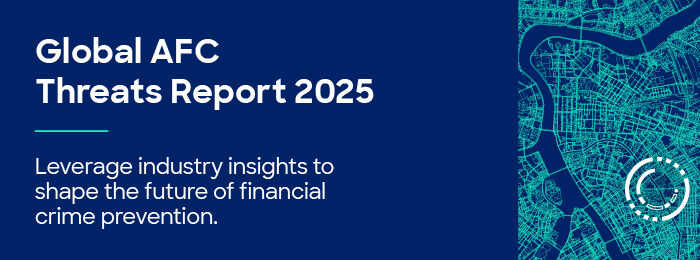
Greater Omaha executive board members attended the Omaha Press Club’s May forum, exploring human trafficking in the Omaha area. Panelists and local activists against human trafficking shared their involvement in a problem that plagues every city, particularly Omaha. The panelists on the forum comprised of:
- Sister Rosalee Burke, a Notre Dame nun, who serves as the coordinator of the order’s Social Justice Committee. She is chair of the Coalition on Sex Trafficking, which was started by the Leadership Conference for Women Religious.
- Stephen O’Meara J.D., who currently serves as an assistant Nebraska attorney general, and is a coordinator for both the Nebraska Human Trafficking Task Force (NHTFF) and Child Protection Training.
The forum provided additional first-hand viewpoints—those outside of the often associated red flags identified from within a financial institution. Human trafficking exists and is growing. It is a problem that is often not fully measured, but happens in our own backyards. O’Meara states that trafficking has now become the second largest criminal enterprise—following illicit drug trafficking. Part of the rise in human trafficking has come from drug traffickers migrating into human trafficking due to the reduced sentencing standards currently in place for human trafficking crimes.
Panelists shared surprising statistics, “There are currently more people in slavery today than at any point in history.” Could it really be that human trafficking is such an issue we have more people in slavery today than we did during the Civil War era? Given Omaha’s location along I-80 and I-29 and its regular hosting of major sporting events, thousands of these individuals move through or into the metro. With the College World Series right around the corner, it is important to have a current awareness of the impact of human trafficking in Omaha.
As anti-money laundering (AML) professionals, we follow the money trail, but what should lead us to believe that transactions may be associated with human trafficking?
- Monitoring for structuring and changes against expected profiles are commonly in place.
- Additional red flags include night drop and ATM activity consistent with human trafficking patterns.
- Credit card payments to areas of suspicion are also triggers for review.
- Another possible indicator of human trafficking is ongoing ATM/credit card transactions in even amounts between 10 p.m. and 6 a.m.
These red flags on their own are not conclusive, but money laundering indicators have never been straight forward. We must each utilize the tools at our disposal, put critical thinking skills to the test, and not be afraid to think outside the box. Having awareness is the first step to make a difference. Identifying suspicious activity is everybody’s responsibility, so if you see something, say something.
Coalition on Human Trafficking: A Resource
As part of the Human Trafficking forum, materials from the Coalition on Human Trafficking were provided to attendees. Sex trafficking is not a problem of the past—it is an epidemic in the here and now. Join the local fight to bring freedom to those who are trapped, and serve justice on the perpetrators.
- Realize—Over 250,000 people are trafficked in the U.S. every year.
- Recognize—You cannot stop what you do not see, but the signs that someone is being trafficked are not hard to spot when you know what to look for.
- Respond—We are not powerless. To report suspected trafficking, call 911 or the National Trafficking Hotline at (888) 373-7888.
More information is available at www.notrafficking.org.
For more information on the Greater Omaha Chapter, click here.
This article first appeared in the Greater Omaha Chapter’s June newsletter.










